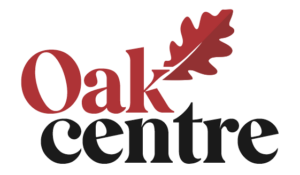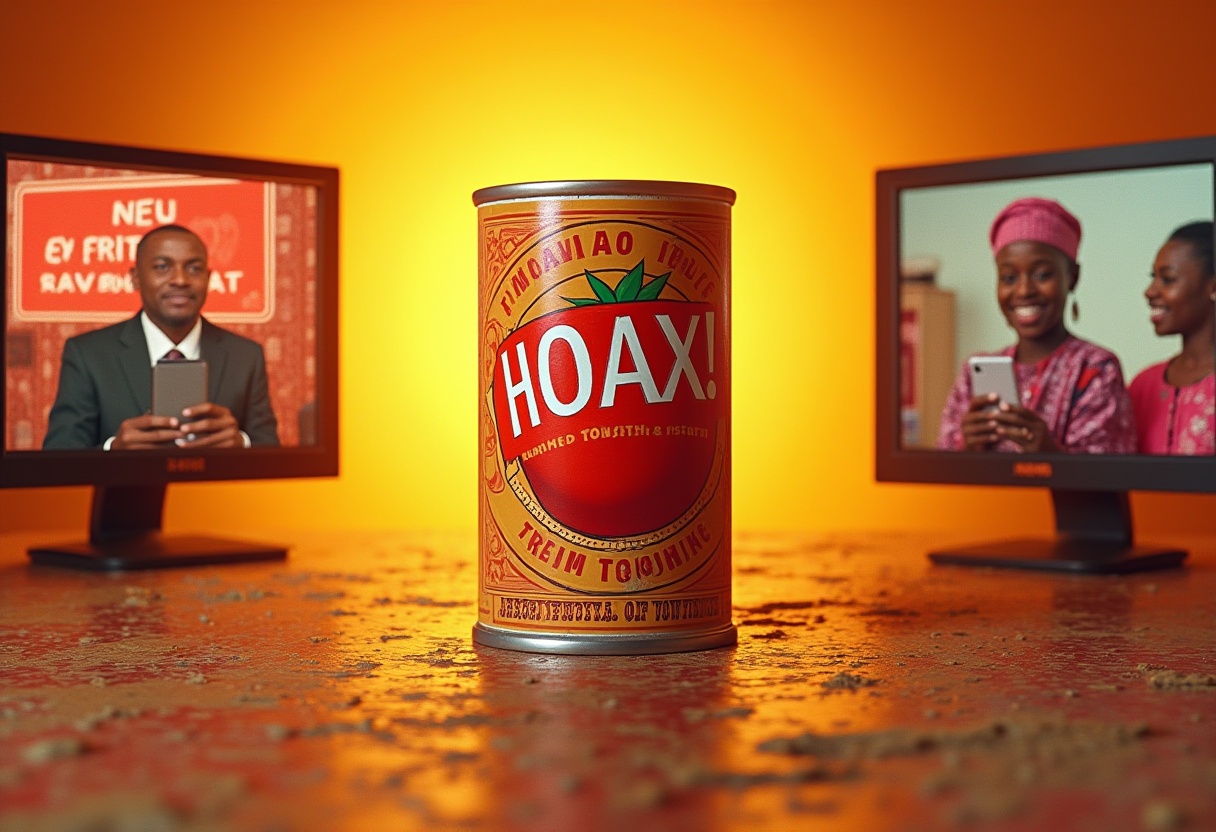Deepfakes, Recycled Rumours, and the Fight for Credible Media
This week’s review examines three critical fronts in the fight against misinformation. First, we unpack two of the most widely shared false claims: a deepfake video falsely linking Bill Gates to farmland seizures in Africa and a recycled rumour alleging that NAFDAC shut down the Tummy Tummy noodles factory in Anambra. Next, we turn the spotlight on the growing use of AI-generated news anchors and the ethical risks they pose for media credibility. Finally, we highlight a practical accountability tool, the NBC complaint channel, which empowers citizens to report misleading broadcasts. Together, these cases show how falsehood adapts, how technology can both solve and create problems, and how citizens remain central to defending truth in Nigeria’s information space.
This week’s top false claims
Claim: A viral video alleges that billionaire philanthropist Bill Gates is forcefully acquiring land across Africa to control food production and population.
The truth: This claim is false and dangerously misleading. The video in question appears to be a deepfake, an AI-generated simulation of Bill Gates’ voice and appearance, designed to spread conspiracy theories that have been repeatedly debunked.
Fact-checking organisations, including Africa Check, Reuters Fact Check, and AP Fact Check, confirm there is no credible evidence that Gates is buying farmland in Africa to monopolise food supply chains or engage in covert “land grabs.”
These narratives are recycled disinformation intended to sow distrust toward foreign philanthropic efforts, particularly those focused on agriculture, biotechnology, and population health.
While the Gates Foundation does support agricultural development and land rights research in Africa, these initiatives are implemented through local partnerships and governed by national land laws, not secretive takeovers.
This week’s viral clip is a textbook example of how deepfake technology is being weaponised to manipulate public perception. As these tools become more sophisticated, distinguishing fact from fiction becomes harder, and more urgent.
Verified sources
- Africa Check: “No, Gates is not buying African farmland en masse”
- Reuters Fact Check: “No evidence Bill Gates is acquiring land to control food”
- Snopes: “Recurrent hoaxes about Gates and farmland are false”
Verdict: Dangerous misinformation. This type of disinformation undermines legitimate conversations about land ownership, food security, and foreign aid, and should be flagged and removed wherever it appears.
Claim: NAFDAC shuts down Tummy Tummy noodles factory in Anambra State due to unsafe products.
Verdict: False and recycled.
A viral audio message recently circulated on WhatsApp and Facebook, alleging that the National Agency for Food and Drug Administration and Control (NAFDAC) had sealed the Tummy Tummy noodles factory in Anambra. The voice notes also claimed that seasoning cubes and tinned tomatoes were banned, citing “acetyl methyl” as a dangerous preservative.
NAFDAC, in a 23 July 2025 statement, firmly debunked the claim, calling it a recycled falsehood from October 2023. According to Mojisola Adeyeye, director-general of NAFDAC, the facility was never shut down. She noted that an unscheduled inspection was conducted at the factory and that samples tested at NAFDAC’s Agulu lab were found to be satisfactory. No regulatory violations were recorded.
The public is urged to disregard the misleading audio and avoid sharing it further.
Truth tip: Always verify health-related claims through official channels. WhatsApp is not a trusted fact-checker.
Media ethics spotlight
AI news anchors: innovation or misinformation machines?
Across the globe, from Kuwait to Ghana and now quietly entering Nigeria, AI-generated news anchors are becoming a fixture on screens. These digital avatars deliver news in multiple languages with robotic calmness, zero fatigue, and, worryingly, zero accountability.
Here is the problem: AI anchors may look professional, but they are fast becoming tools of misinformation.
Many viewers cannot tell the difference between AI and human presenters. When false or biased content is delivered by a polished avatar, it gains unearned credibility.
Worse still, stations often fail to disclose that the presenter is not real. This erodes trust and blurs ethical boundaries. Some AI tools are fed unverified scripts or propaganda, and unlike human journalists, they cannot push back or raise concerns.
Case in point: In Ghana, Metro TV recently launched an AI presenter who speaks Twi. In Kuwait, “Fedha,” a virtual anchor with blonde hair and robotic poise, reads state news. Even in Nigeria, AI voiceovers and avatars are creeping into TikTok explainers and WhatsApp broadcasts, often presenting fiction as fact.
Media police position: AI has potential, but when used without transparency or editorial oversight, it becomes a misinformation machine. Nigerian media regulators and broadcasters should:
- Clearly label AI-generated content
- Enforce human editorial control over scripts
- Educate the public on how to spot AI content and verify information
Let us innovate responsibly without sacrificing truth.
Tool of the week
NBC complaint channel: hold broadcasters accountable
Nigeria’s National Broadcasting Commission (NBC) now allows citizens to report misleading or unethical broadcast content via its official website: www.nbc.gov.ng.
Steps to file a complaint include:
- Name of the broadcast station
- Title of the programme
- Date and time of broadcast
- Detailed description of the issue
Your personal details must include:
- Full name
- Address
- Phone number
- Email address
- Signature
Why it matters: This tool empowers citizens to challenge unethical broadcasting and reduce misinformation at its source.
Report misleading content via:
- Online: www.nbc.gov.ng/complaints
- Email: [email protected]
- Hotline: +234-9-234-9777
NBC investigates complaints and can impose sanctions on defaulting broadcasters.
Quote of the week
“When we made information available, I thought people would want correct information. But even I will wallow… If you catch it a day later, the harm is done.”
Bill Gates, CNBC interview, September 2024
Closing reflection
The cases highlighted this week reveal three dimensions of the misinformation challenge: the speed of viral falsehoods, the ethical lapses in emerging technologies, and the power of citizen tools to push back. Deepfakes, recycled rumours, and AI-driven content all thrive when verification is delayed and accountability is weak. But they lose ground when institutions respond swiftly, when journalists insist on transparency, and when citizens embrace their role as guardians of truth.
The defence of the information space is not the responsibility of one group alone. It is a shared task that binds regulators, media professionals, and the public. Without this collective vigilance, truth becomes negotiable and democracy loses its footing. The sooner we act, the stronger the foundation of trust we preserve.





